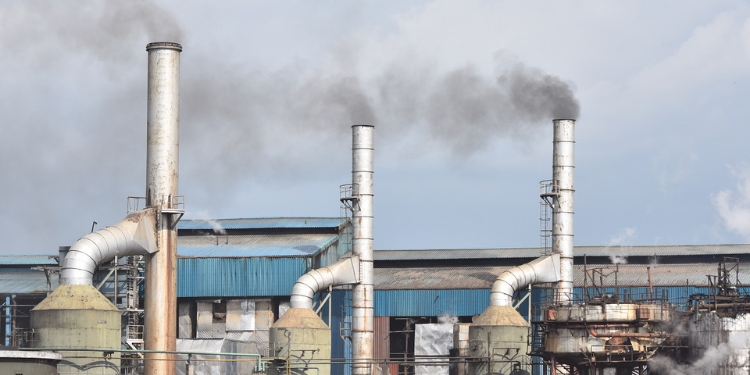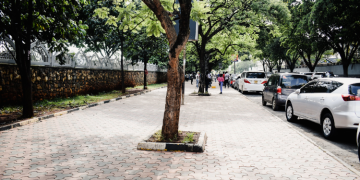Sugar Board Chair Nicholas Gumbo announced that 80% of the current workforce will be retained, with the remainder phased out through negotiated retirement packages.
The announcement comes amid a sweeping reform of the sugar sector, which has long struggled with inefficiency, debt, and declining output.
5,000 Jobs Secured
Gumbo said more than 5,000 workers across state-owned mills will be absorbed by incoming private operators.
The remaining 20%, largely staff eligible for retirement but retained due to lack of exit packages, will be gradually released under a structured benefits plan.
“This transition is not about job losses. It’s about revitalizing the sector while protecting livelihoods.”
The assurance follows weeks of speculation and concern among workers and unions over the fate of employees in the wake of privatization.
Doubling Sugar Production Capacity
The leasing program includes full modernization of key mills—Sony, Chemelil, Muhoroni, and Nzoia—which Gumbo said will significantly boost efficiency and output.
“Once these mills operate at full capacity, sugar production will double to 1.6 million tonnes annually. Kenya will no longer be a net importer. We’ll be in a position to export.”
Two of the four mills, Muhoroni and Sony, have already resumed operations, with weekly cane crushing volumes rising from 7,000 tonnes to 11,000 tonnes.
Gumbo attributed the increase to improved efficiency under private management.
“Before leasing, these mills were barely surviving. Now, they’re processing more cane and generating profits.”
The overhaul is expected to reduce reliance on imported sugar, stabilize local prices, and restore competitiveness to a sector that has been in decline for over a decade.
Chemelil and Nzoia are undergoing phased machine rehabilitation and are expected to be fully operational by November.
The Kenya Sugar Board has set an end-of-October deadline for full revival of all four mills
Weekly Payments for Farmers
In a parallel reform, cane farmers are now receiving weekly payments, replacing the previous monthly or seasonal disbursements.
Gumbo said the change is already improving morale and encouraging higher production.
“Timely payments are essential. Farmers are responding positively, and we expect supply to stabilize,” he said.
The new payment structure is part of a broader effort to rebuild trust between growers and millers, which had eroded due to delayed payments and poor returns.
The government insists the leasing process is being conducted transparently, with oversight mechanisms in place to prevent asset stripping and ensure fair labor practices.
The government has added that the success of the initiative will depend on the ability of private millers to invest in modern technology, streamline operations, and maintain equitable terms for workers and farmers.
Also Read: Government Reopens Applications for NYOTA Programme; How to Apply
The sugar industry remains a vital economic pillar in western Kenya, supporting thousands of households.
The reforms, if executed effectively, could mark a turning point for the sector.
Sector Stabilization and Oversight
Gumbo acknowledged concerns about salary delays and urged patience, noting that the industry had been crippled for decades.
“It’s unrealistic to expect full recovery in three months. Under state management, the mills generated just Ksh20–30 million monthly, while salary obligations exceeded Ksh100 million. Now, under private operators, the mills can cover salaries and still make profits.”
Also Read: TSC Ordered to Pay Teacher Salary for 22 Years After Retirement on Mental Health Grounds
The reforms are part of a broader strategy to position Kenya as a net exporter of sugar by 2026.
With production expected to double to 1.6 million tonnes annually, the government is betting on public-private partnerships to restore competitiveness and sustainability.
Follow our WhatsApp Channel and X Account for real-time news updates.










































































